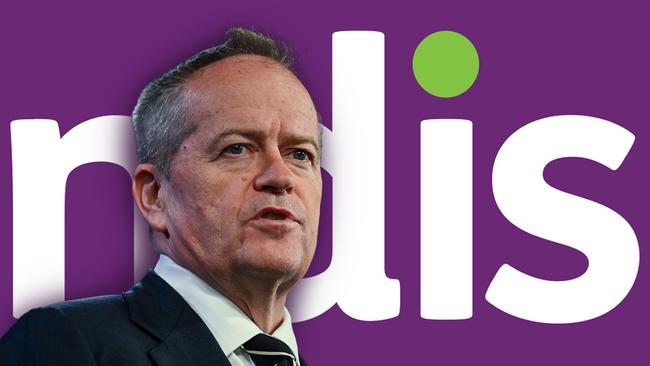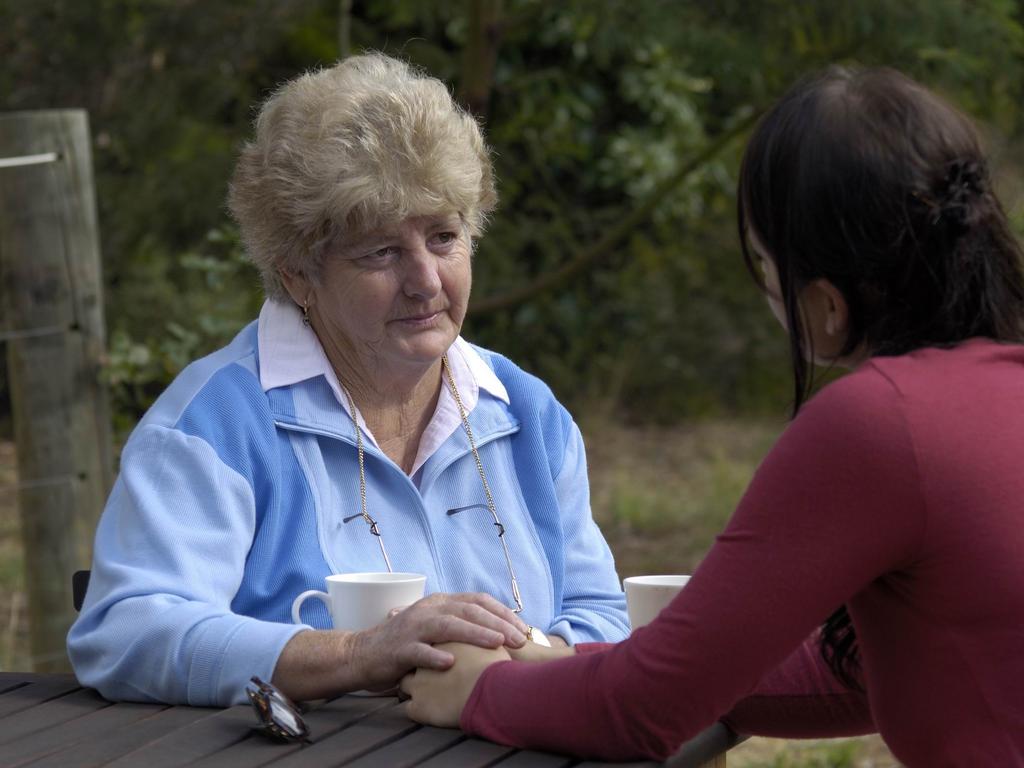Staffing crisis and drug rorts rock disability sector
The peak body for disability services is urging Labor to intervene in a ‘diabolical’ staff churn that has seen 24 per cent of casual workers quit.

The peak body for disability services is urging Labor to intervene in a “diabolical” staff churn that has seen 24 per cent of casual workers quit in the past year.
NDIA officials also revealed the agency is detecting fraud in up to 90 per cent of providers, including funds being used to buy heroin, cocaine and ice.
A National Disability Services report showed staff turnover at record highs – resulting in costs of $80m in associated training and on-boarding for the industry – with workers “jumping ship” into aged care after the government this year funded a 15 per cent wage rise for that sector.
The figures represent a churn of almost 16,500 individual employees leaving their jobs – including a 16 per cent turnover of permanent staff and 24 per cent for casuals – and came to light as evidence presented in Senate estimates revealed evidence of fraud from nine out of 10 providers.
In an explosive hearing on Monday night, NDIA head of fraud and integrity John Dardo said up to $2bn of the $45bn-a-year scheme was being inappropriately spent on items including expensive cars, holidays and even illicit drugs.
“There would be thousands of cases where participants are claiming things that are not consistent with their plan,” Mr Dardo said. “Examples just in the last week (are a) $20,000 holiday, a $10,000 holiday … We had a participant that bought a car, brand new, $73,000. The money was processed overnight.”
The revelations come despite Labor’s attempts to crack down on fraud as part of its ambitious plan to slash the annual growth of the NDIS to 8 per cent a year.
Mr Dardo said there were “a very significant” number of providers selling drugs to participants, along with “dozens” of examples of organised crime groups encouraging the use of NDIS funds to purchase illicit substances. In one case, an NDIS provider met a participant at an ATM and withdrew cash for the participant “to source illicit substances”.
Mr Dardo said the behaviour was one example of the fraudulen practices of providers.
“There’s case after case after case … 90 per cent of our plan managers that manage between nought and a hundred plans, that’s out of 1000 plan managers, have significant indicators of fraud,” he said.
“We’ve done the analysis on their claiming behaviours … the bar needs to be lifted.”
Asked what kinds of drugs were being bought, such as cocaine, heroin and ice, Mr Dardo said “you name it, it’s on the list”.
Mr Dardo said he was not able to audit every single plan manager, declaring “we just cannot prosecute or audit our way out of this”.
The evidence followed Services Australia revealing in Senate estimates on Monday a speechwriter for NDIS Minister Bill Shorten was on a $620,000 two-year contract. Mr Shorten said the hiring “was done by Services Australia. I had no idea what the payment was”.
“So if you’re trying to link me to that, you know, good luck,” he told A CurrentAffair.
“The point about it is, the person involved … does a very good job. I’m not responsible for negotiating a contract.”
In question time on Tuesday, opposition NDIS spokesman Michael Sukkar asked why “the minister allowed drugs to be trafficked to the most vulnerable under the scheme that you designed”.
Mr Shorten said “crooks” misappropriating money from the scheme had “no place in it” and stressed there were plenty of providers “doing the right thing”.
But with NDS figures revealing 30 per cent of 432 surveyed providers were in deficit last year, the peak body warned the sector was on the verge of “market failure” and many organisations would begin exiting the market and leave a vacuum for dodgy operators.
“We’ve seen a churn of 16,500 across the disability workforce … it’s diabolical,” NDS deputy chief executive Emily Forrest told The Australian. “We’ve definitely heard from recruiters in the sector that wage increases in other parts of the care and support economy … put pressures on maintaining a viable workforce.
“We’re really concerned about the number of high-quality providers that we’re hearing about who are exiting the market, and there’s many others who have indicated to us that they’re not far behind.”
The crisis has led to calls for immediate pay rises in the disability sector and for an uplift in what providers can charge as part of the NDIS pricing review, in order to cover costs.
Home Care Nurse Australia chief executive Busi Faulkner said it was lucky if an employee, particularly those in middle management, lasted longer than three months in their position, describing the situation as “catastrophic”.
“So many shifts are now unfilled. Clients have got no one to provide them with services,” Ms Faulkner said.
“Disability is not people’s first choice. Everyone wants to work in aged care or hospitals.”








To join the conversation, please log in. Don't have an account? Register
Join the conversation, you are commenting as Logout